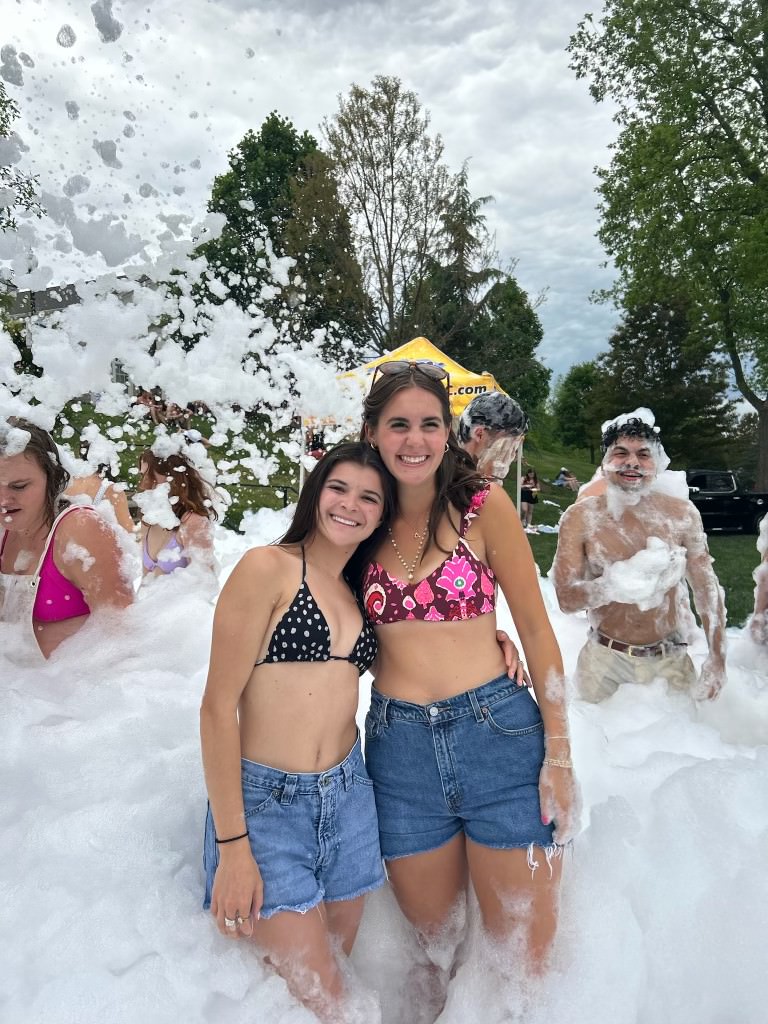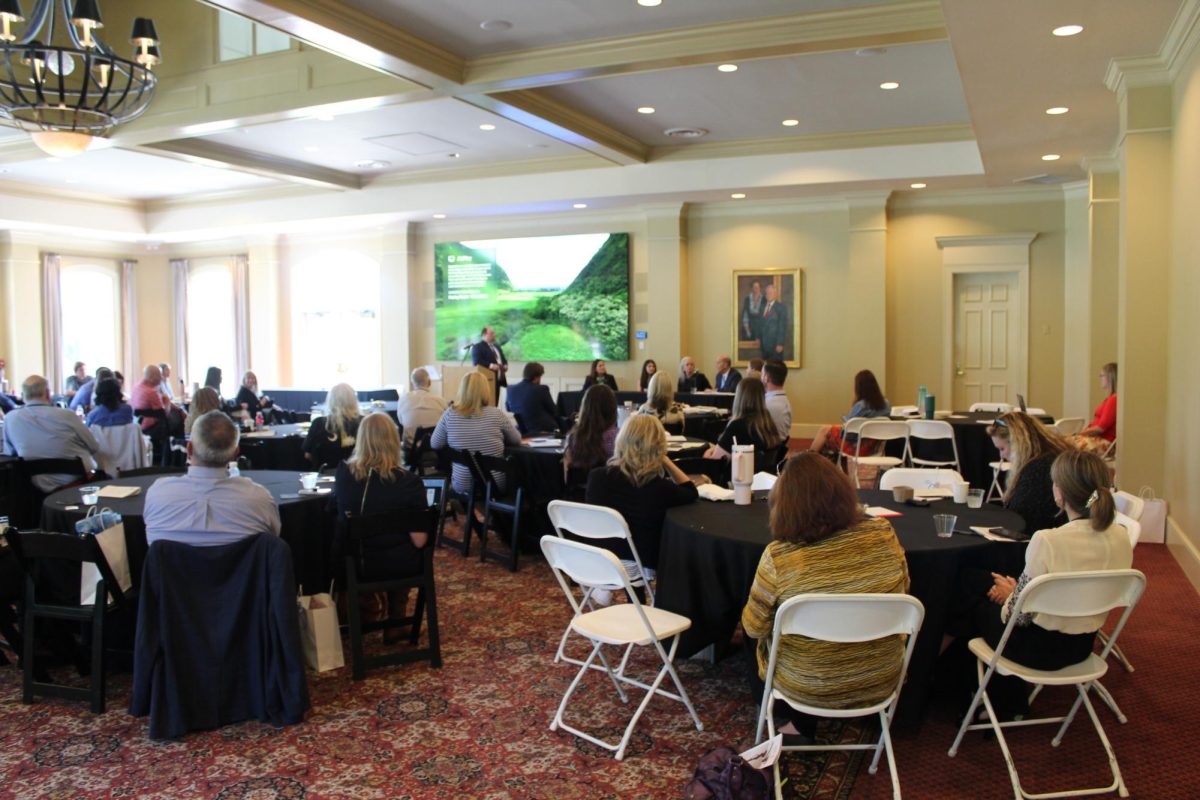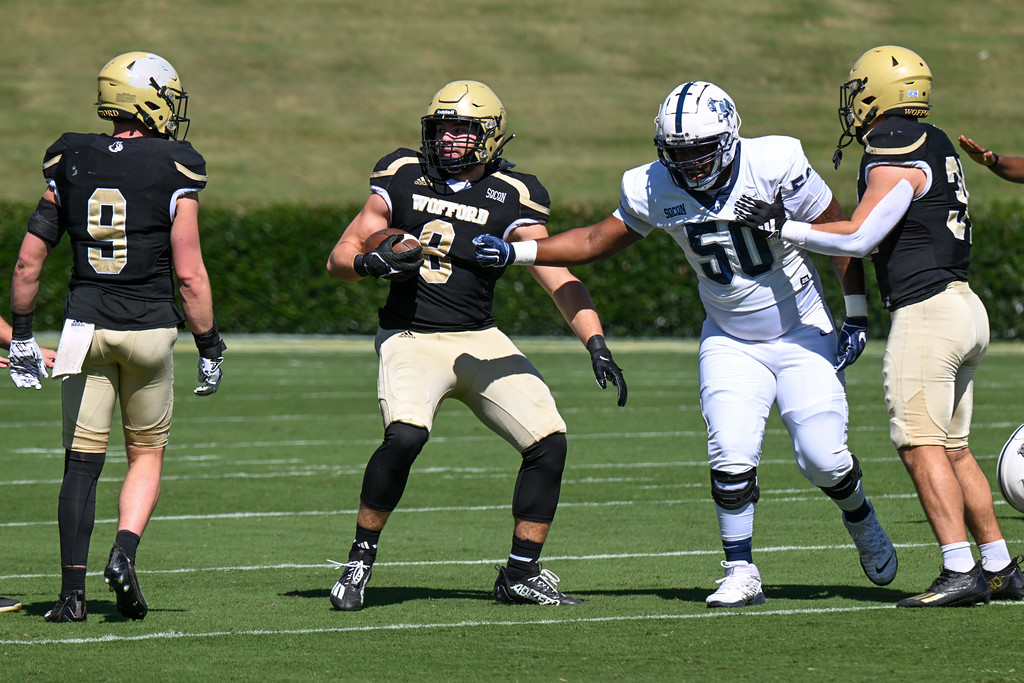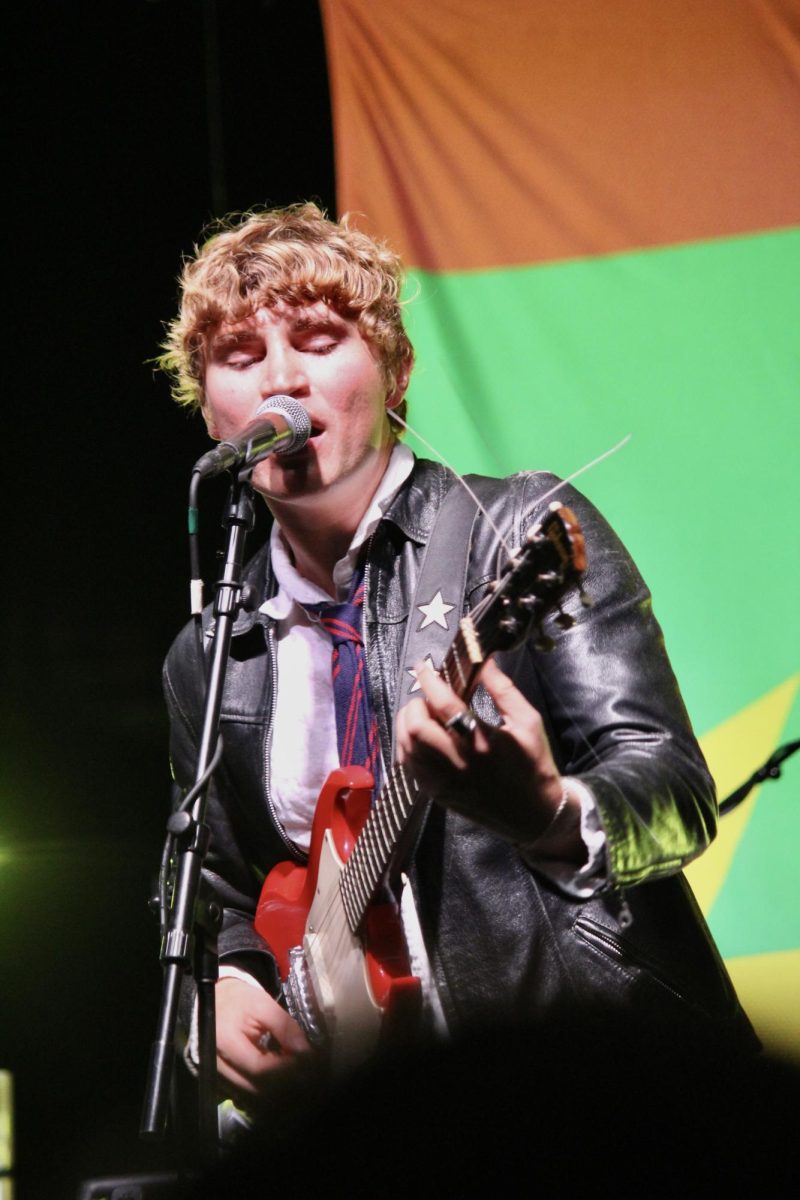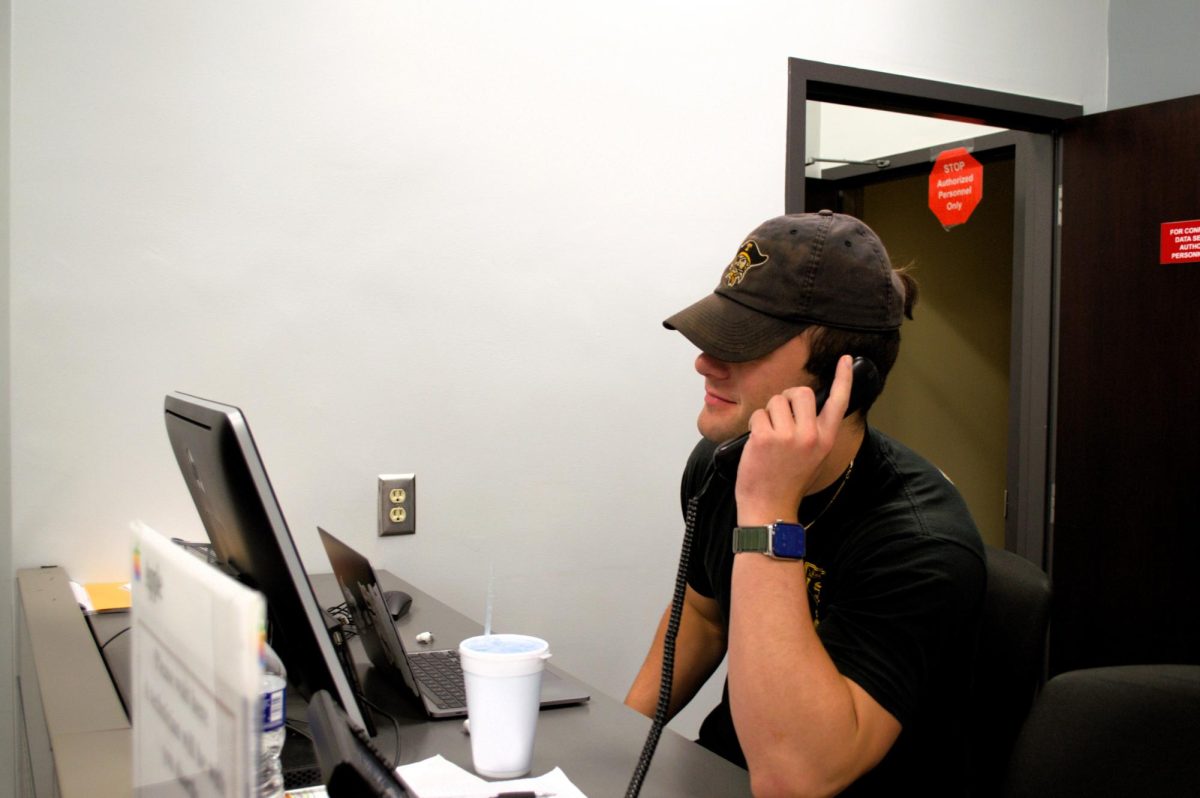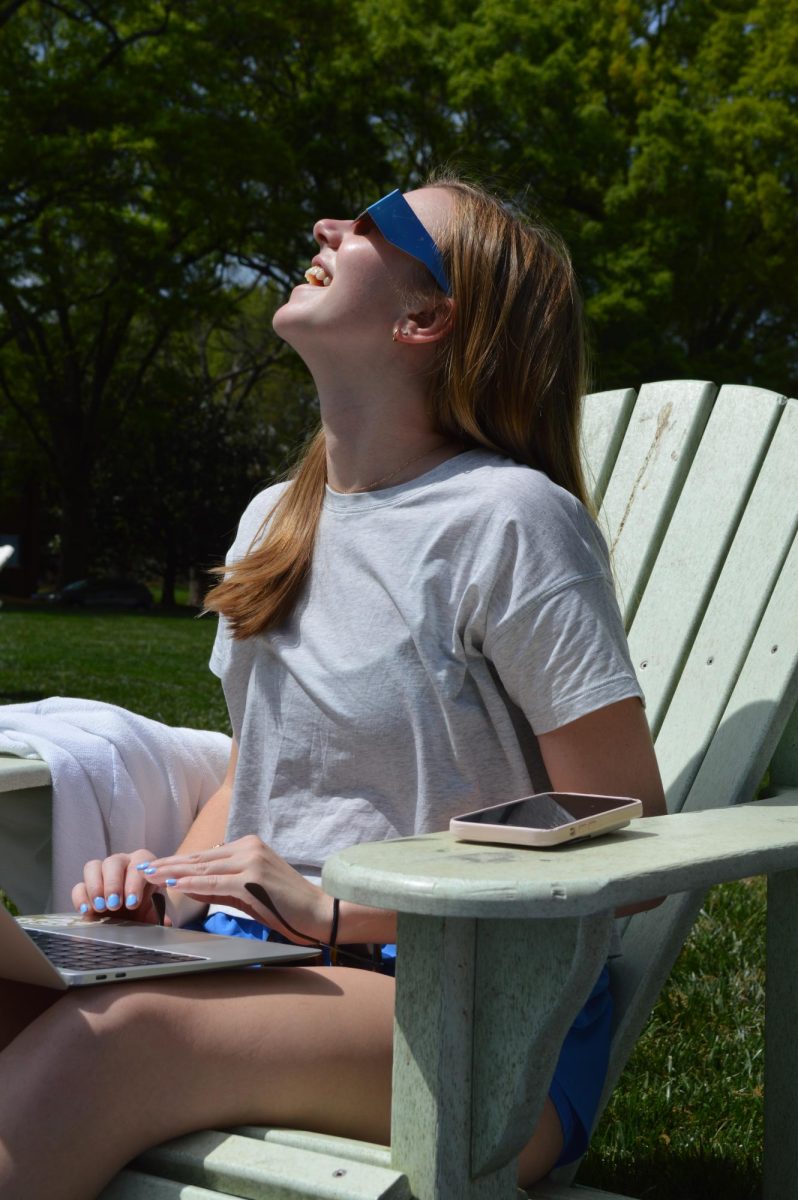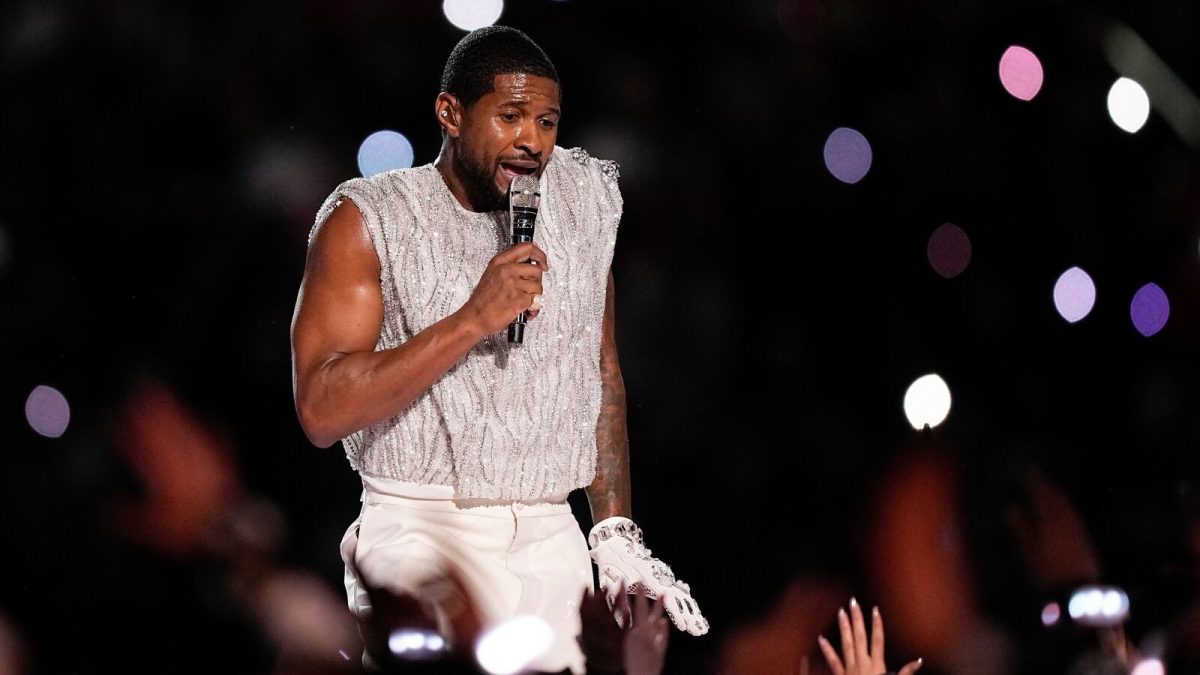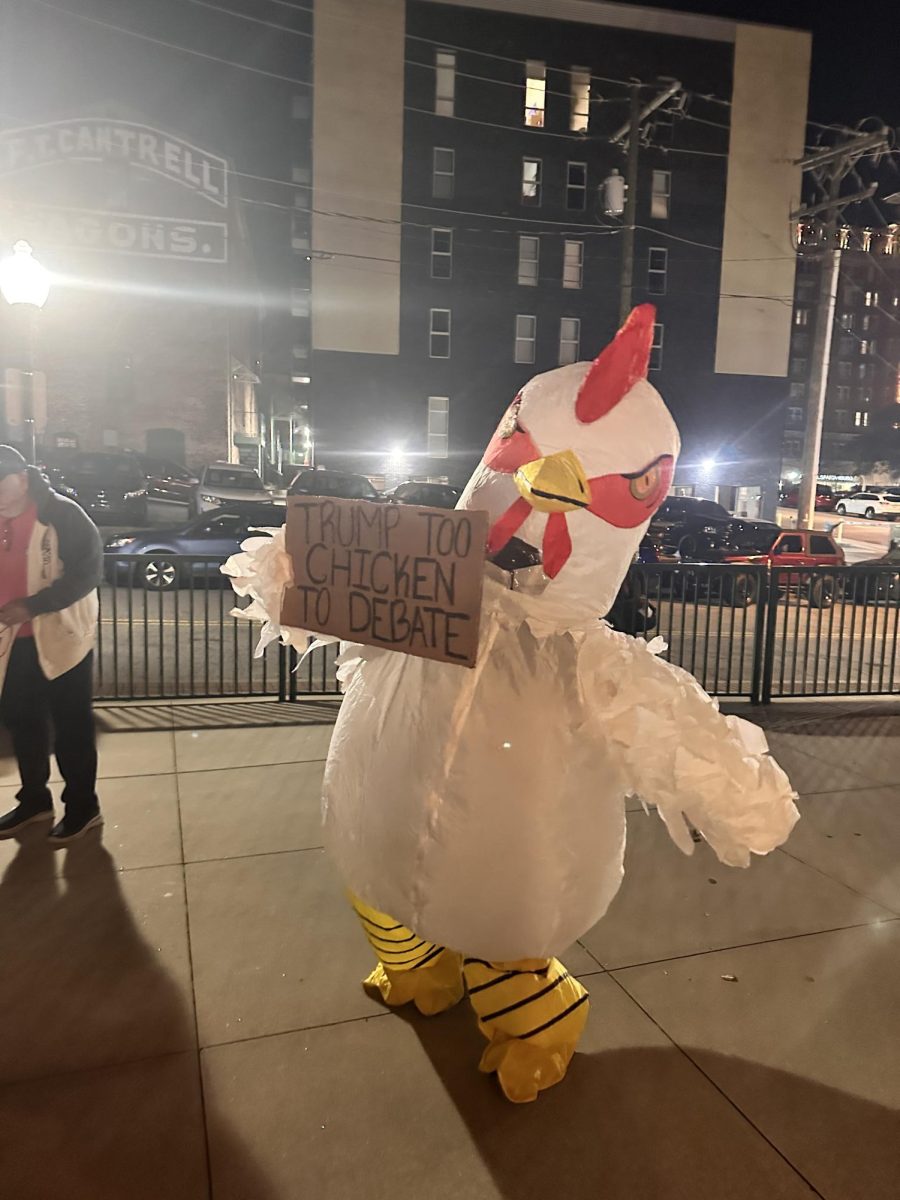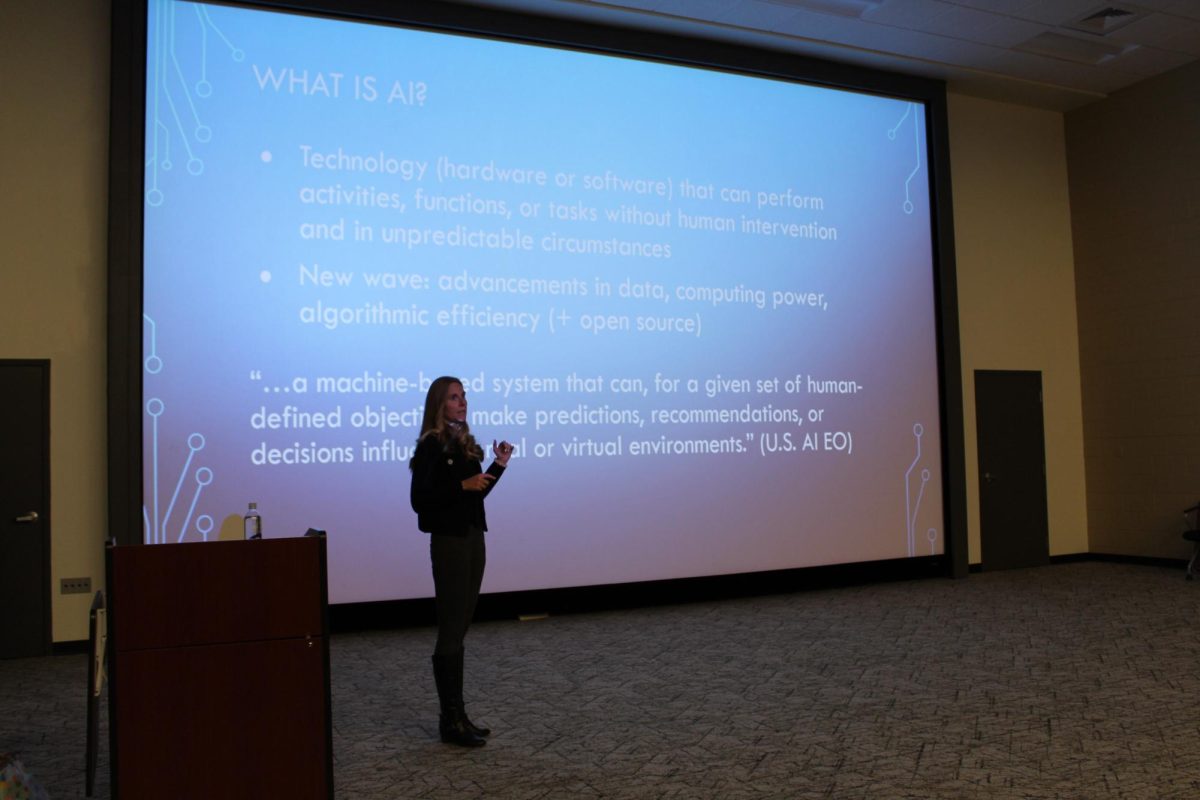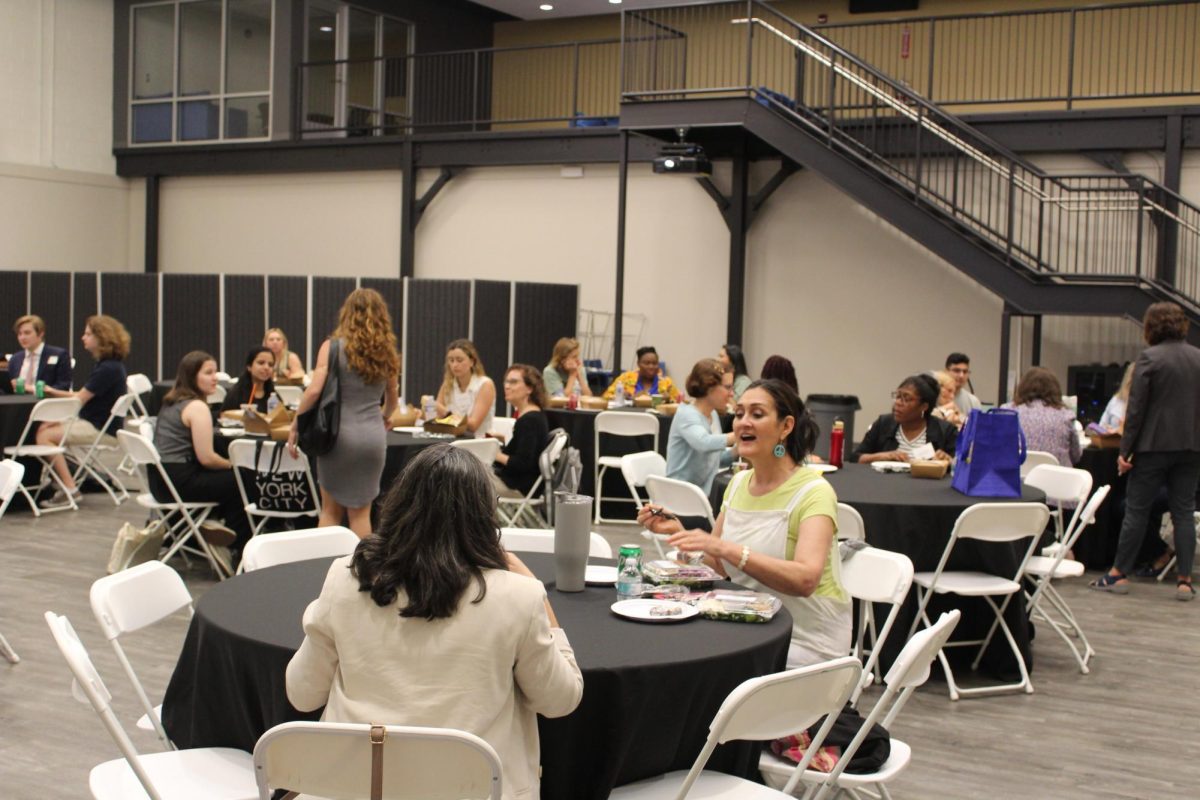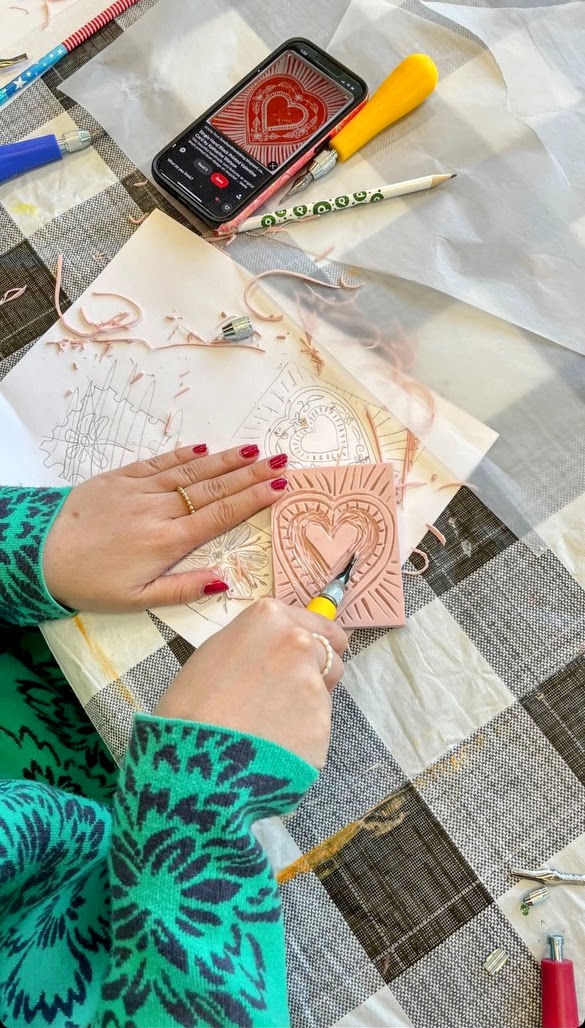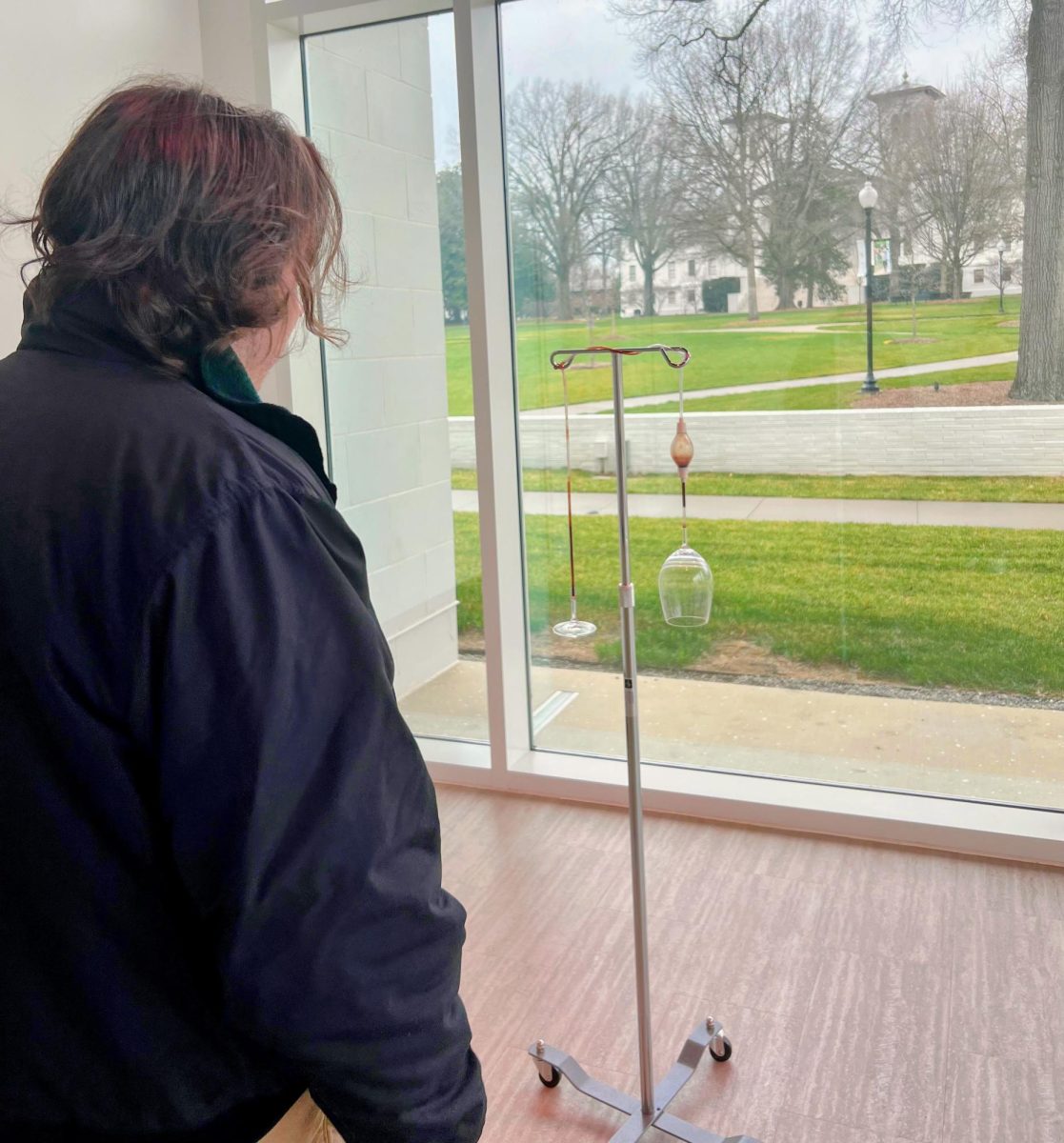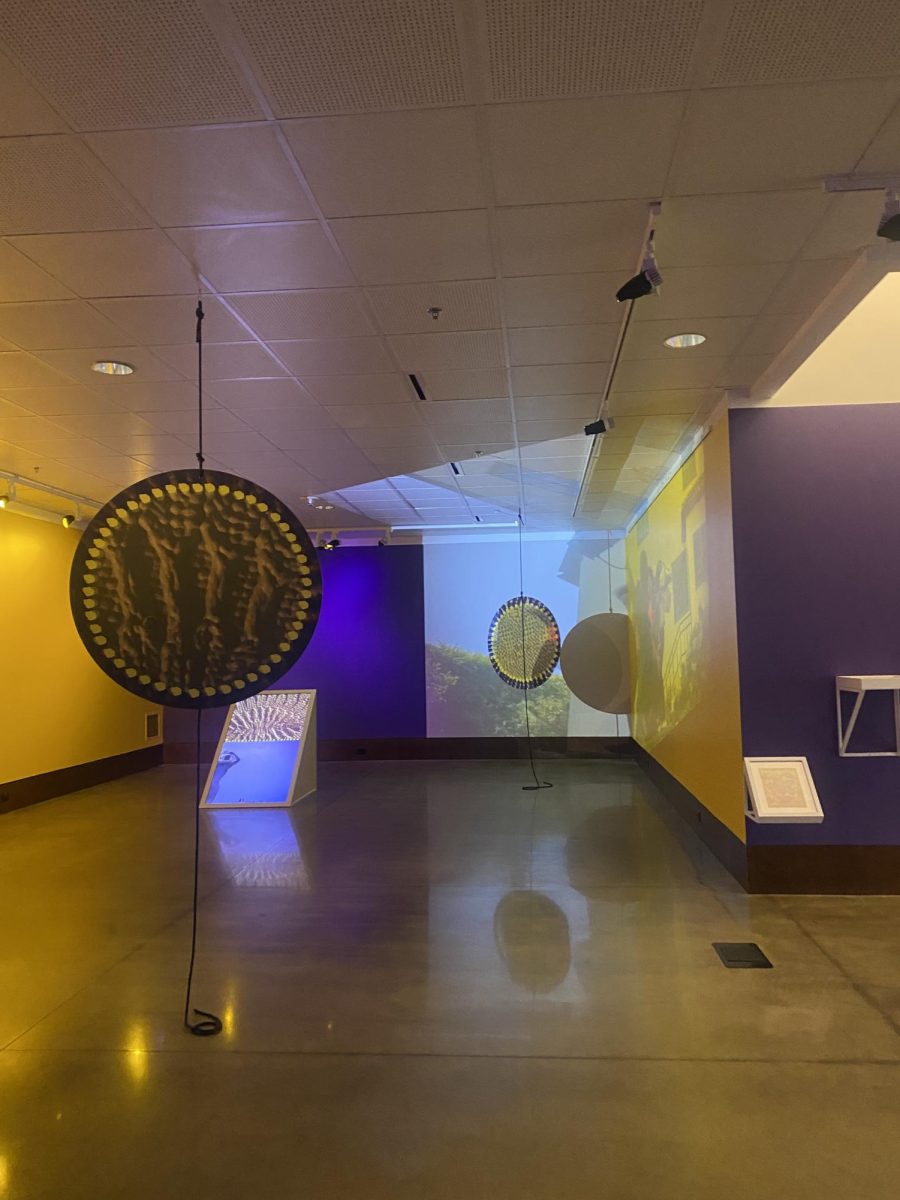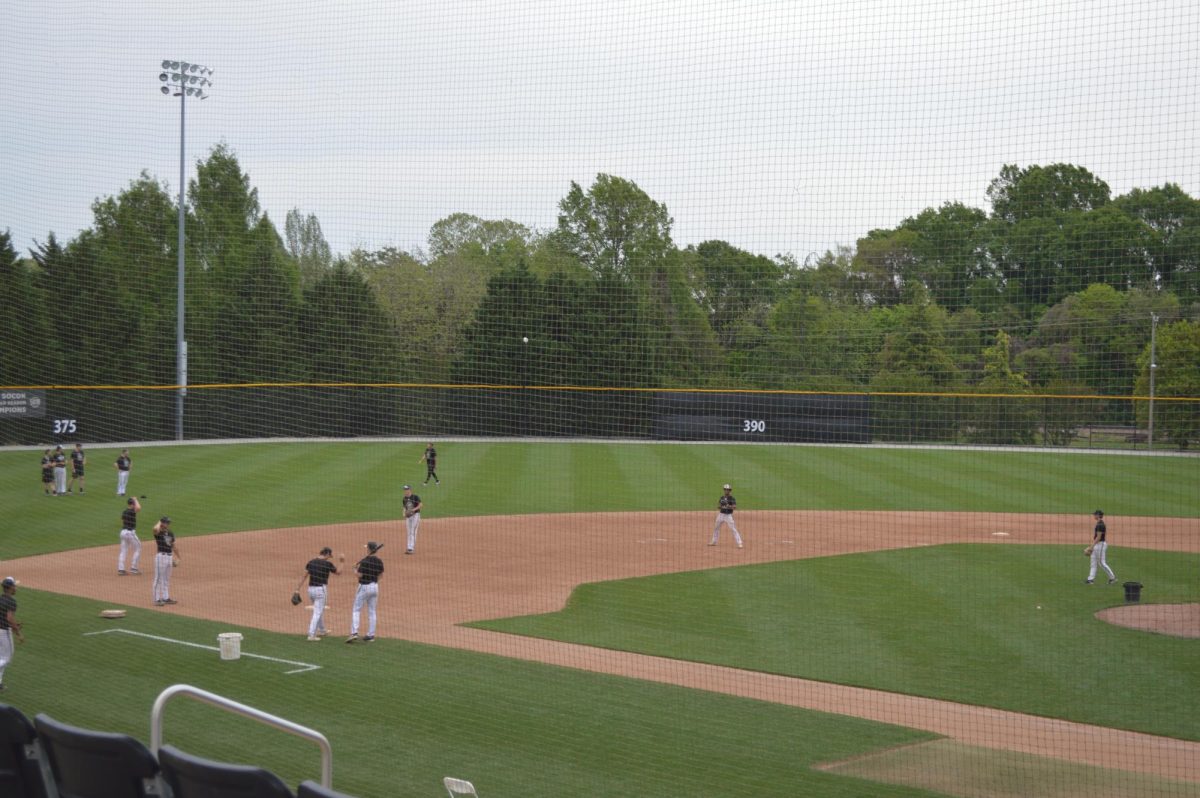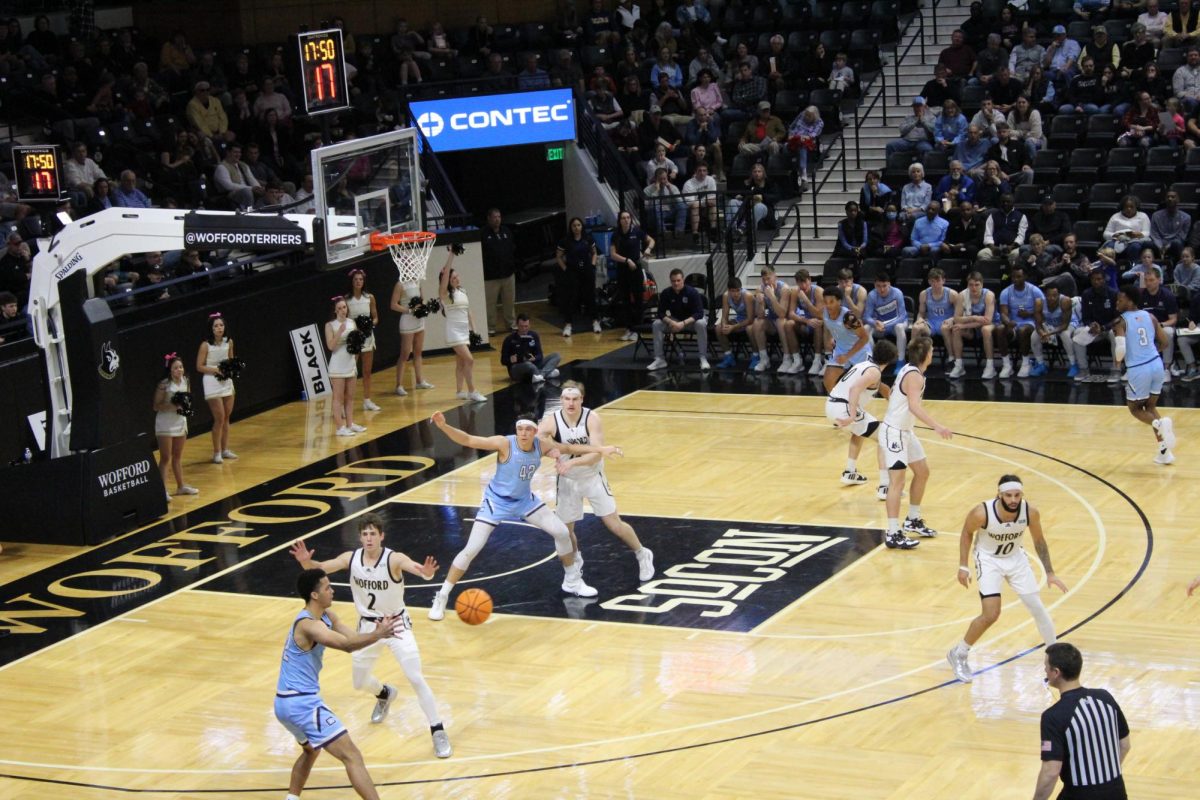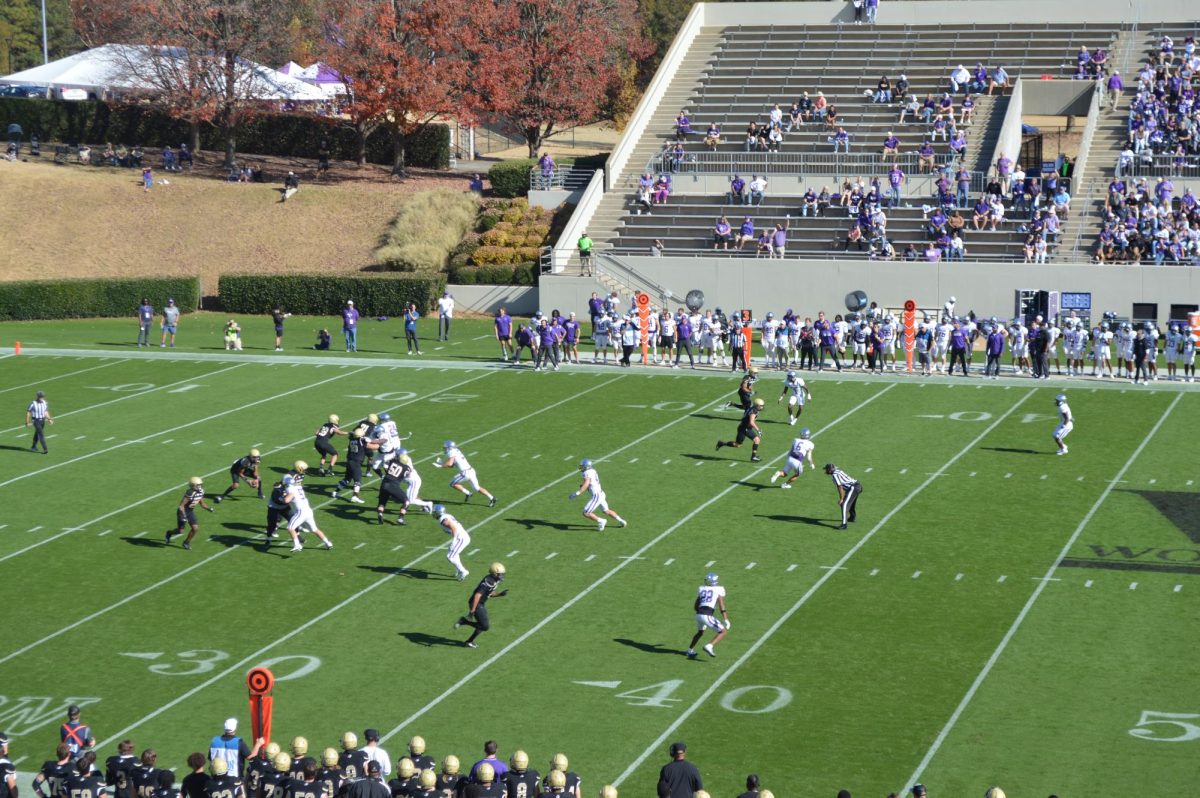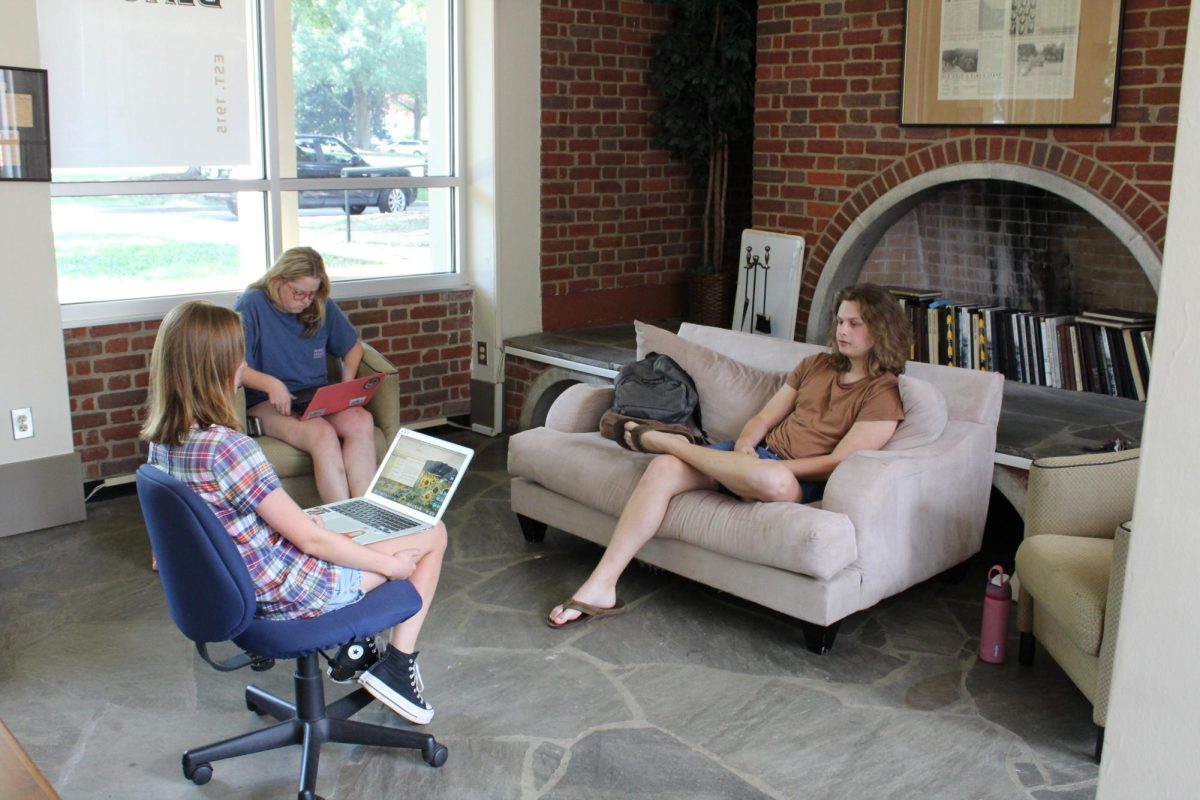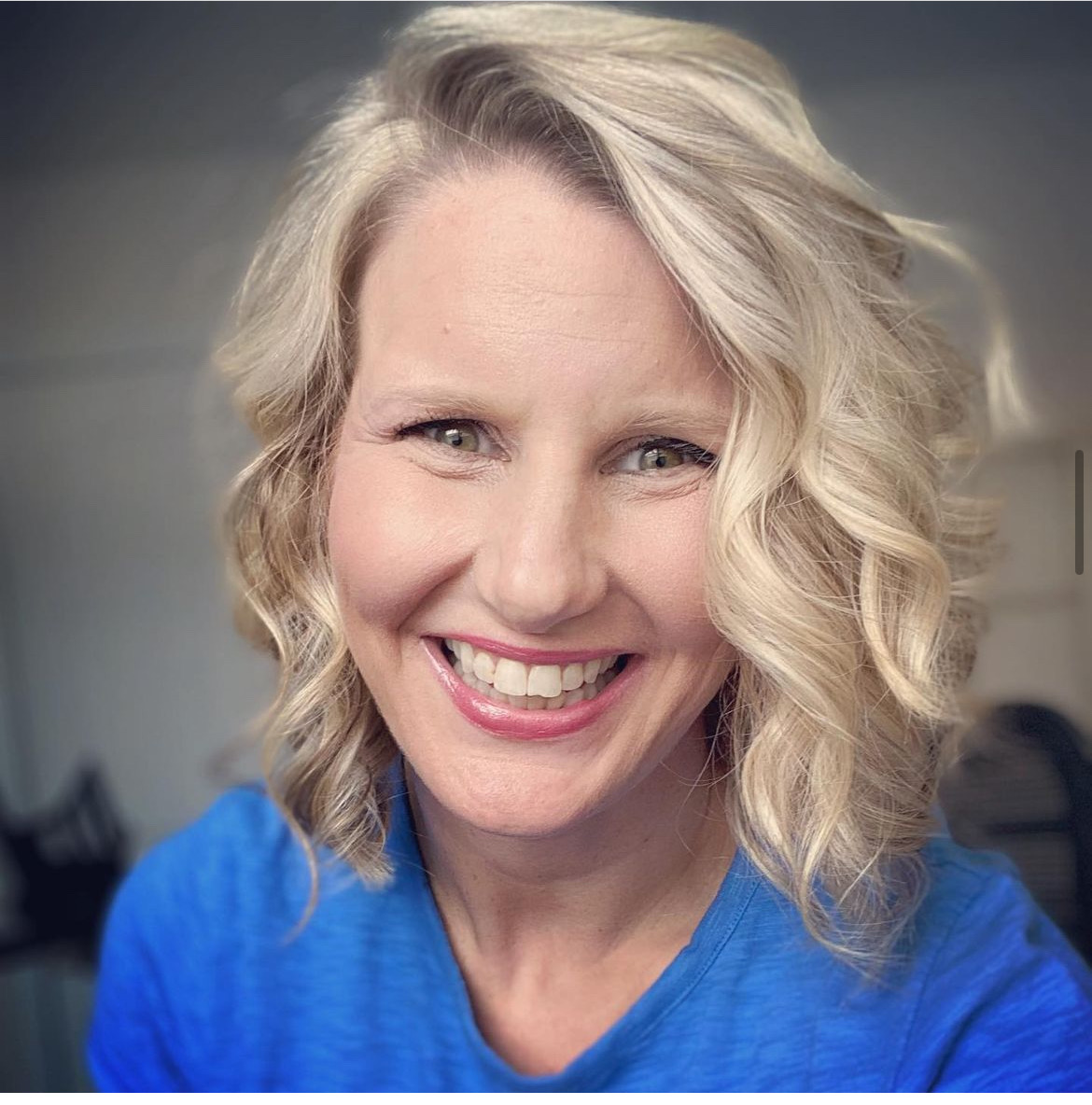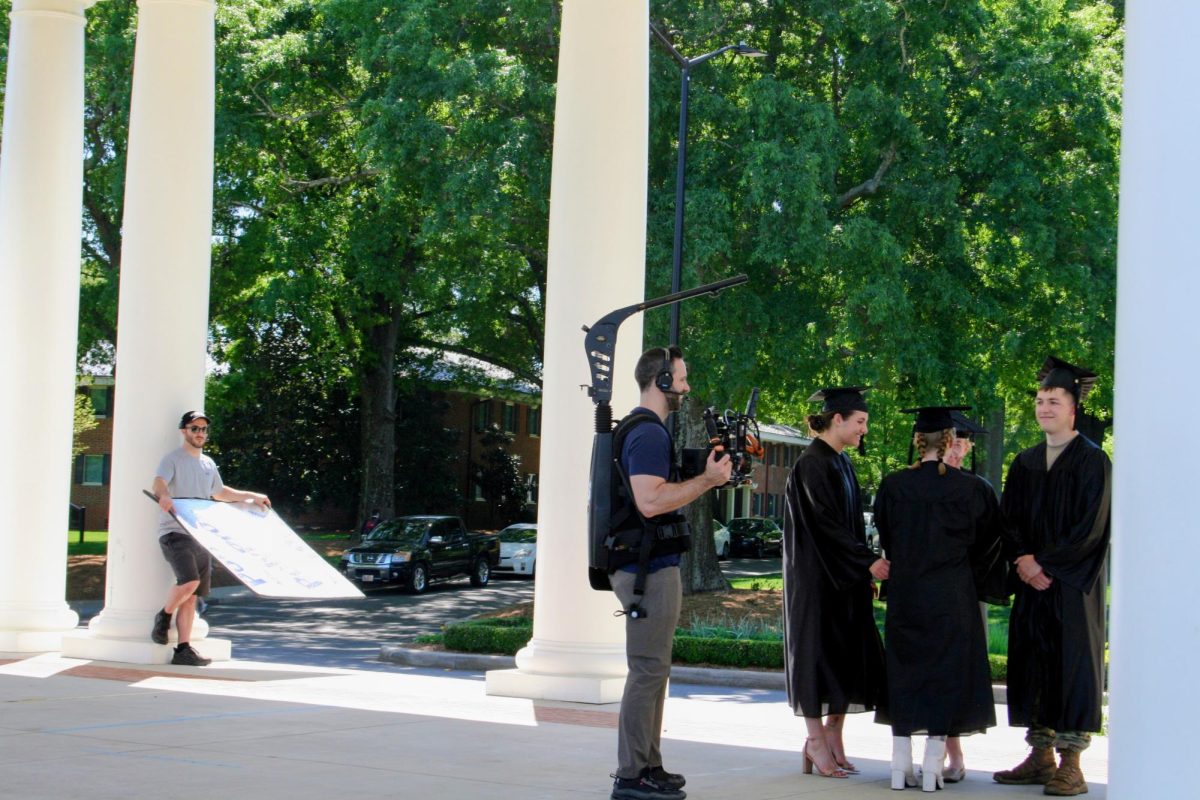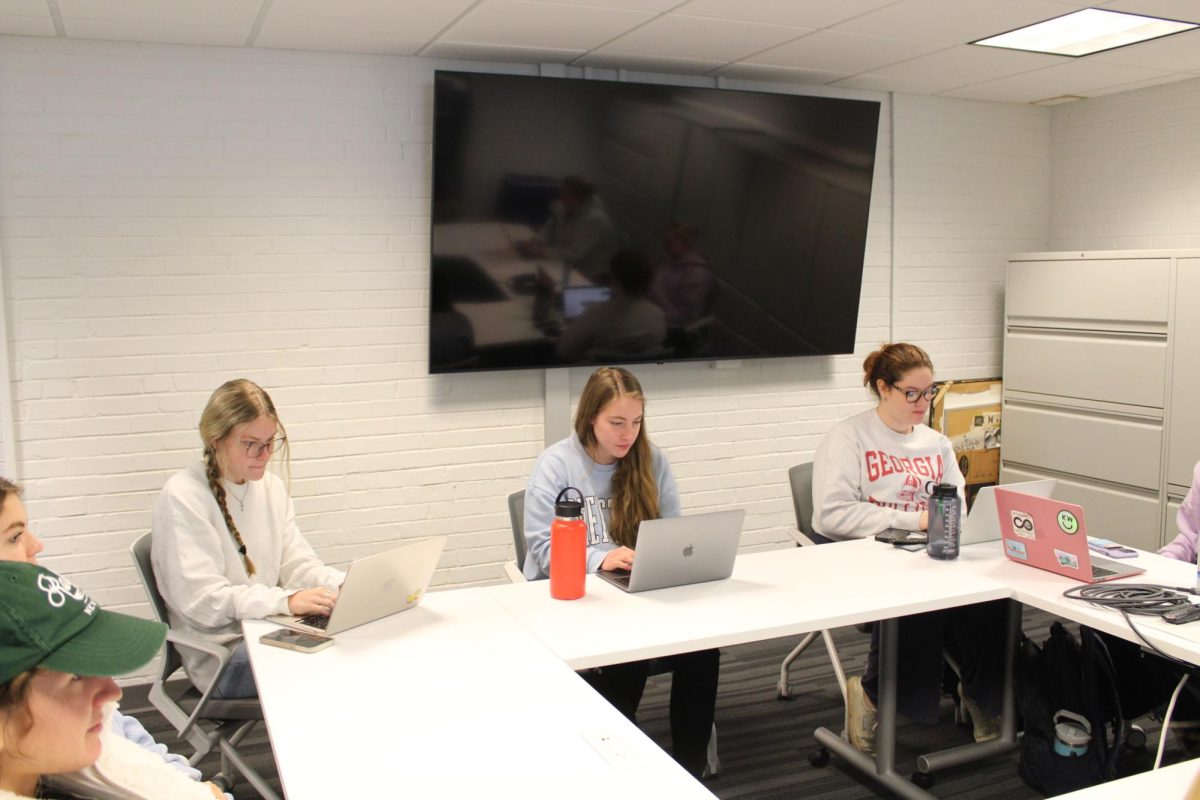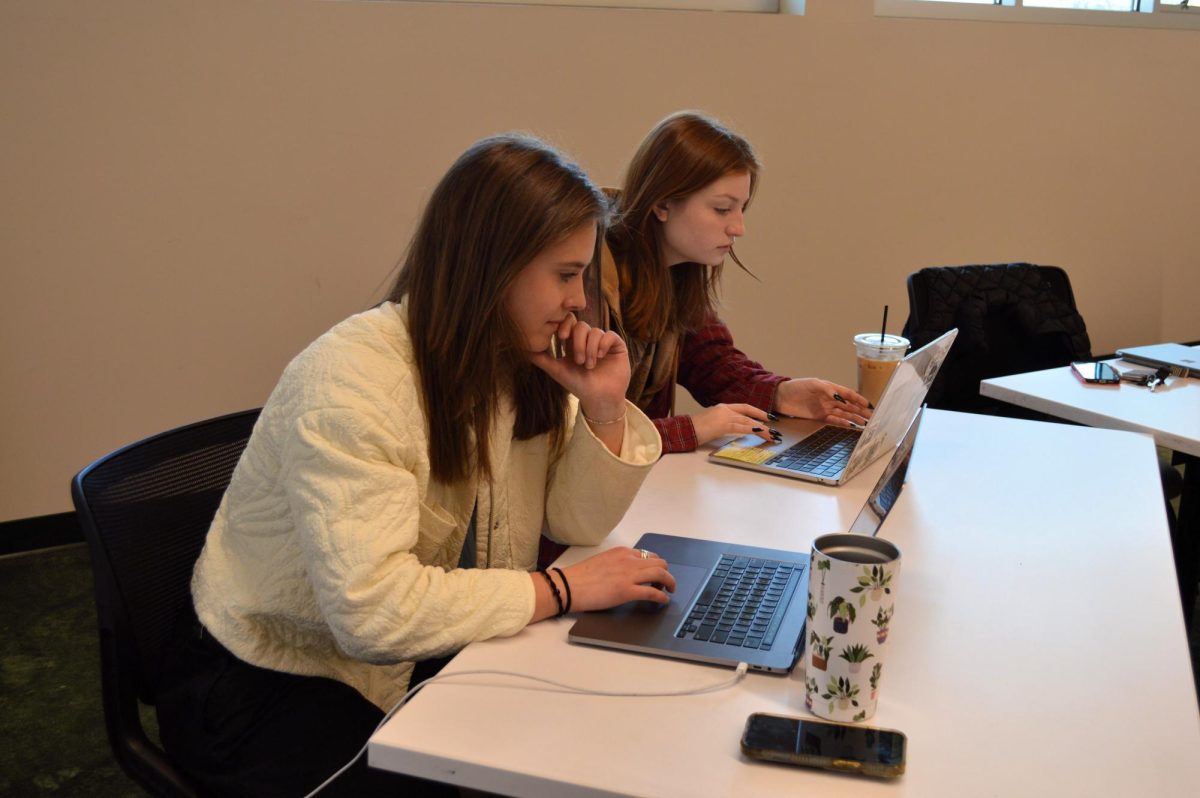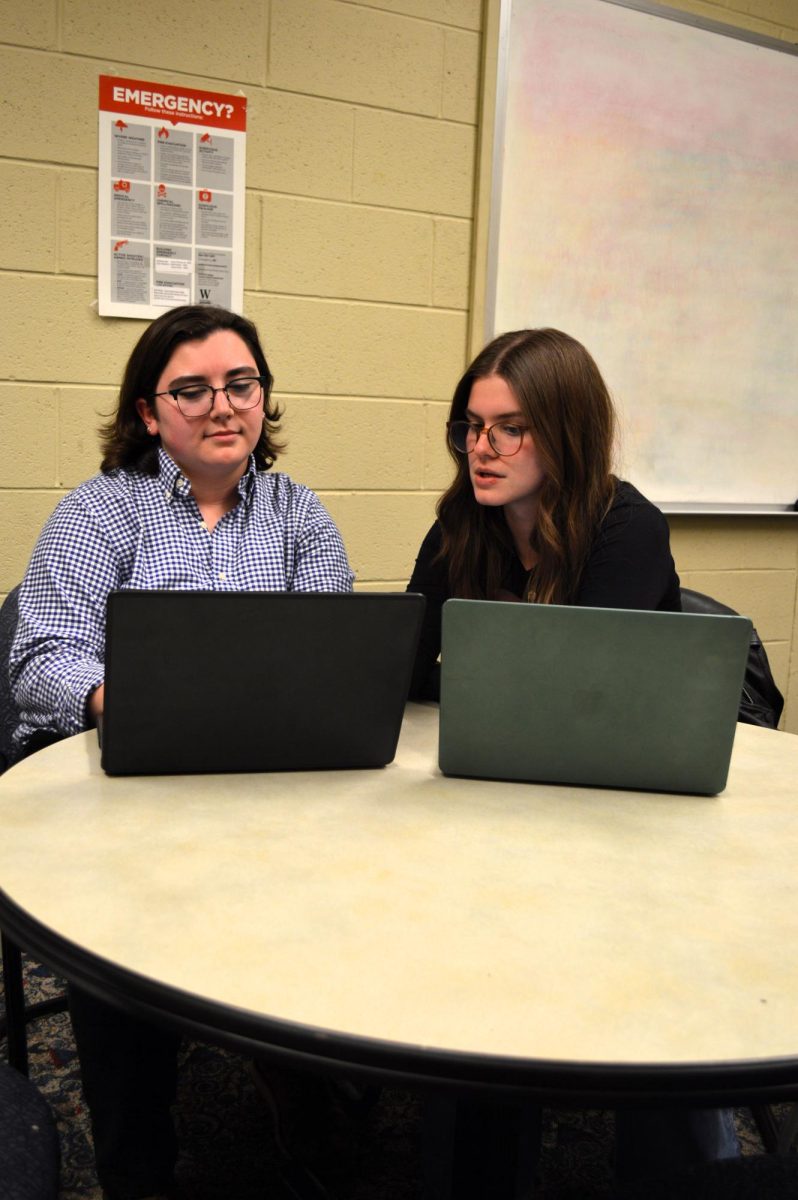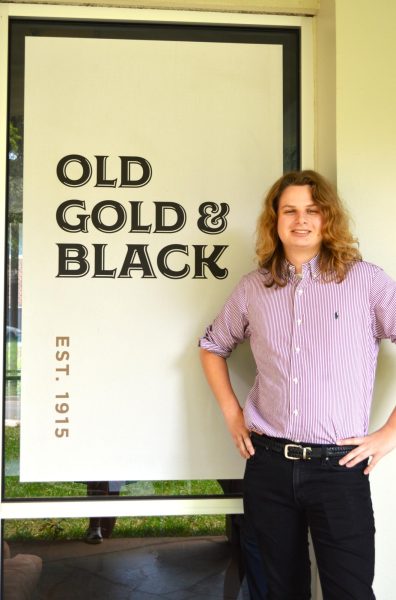Katherine Crum ‘27 has decided to bring a Beekeeping Club to the Goodall Environmental Studies Center. She did beekeeping before coming to Wofford and wanted to maintain her interest while contributing to the variety of activities available at the college.
“It will be open to anyone, anyone interested in learning about honeybees, what they do, what they can bring for humans or the environment,” said Crum.
Crum was put in contact with Susan Crook, the Director of the SC Master Beekeeping Program, and was able to orchestrate the installation of two hives at Glendale. She says that this is a much faster process than she could’ve hoped when she first thought of the idea of the club.
“I don’t know what the club will end up looking like,” said Crum. “I didn’t expect this project to get on the ground as fast as it did, which is great and I’m very happy about it. I want to take leadership in that, but it may just be a lot of people expressing interest, joining the club and getting hands-on experience with our hives.”
Crum described that beekeeping entails many things beyond just extracting honey from the hives.
“About every seven to ten days, you do what is called a ‘hive inspection.’ This involves going in and pulling out frames of bees; you’re looking for the queen, honey and pollen, which are their two food sources, bees obviously, growing larva and disease and signs of other pests” said Crum.
Crum believes that the bee hives at Glendale will provide pollination at Glendale as well as providing an educational opportunity for students. If honey is ever sold from this hive, it will be a while away.
“We can’t harvest honey for a year,” said Crum. “And the first honey harvest will be smaller than future honey harvests.”
While the bees will help the environment on their own, Crum explains that beekeepers play an important role in maintaining hives to make a greater impact.
“Bees are fairly self-sufficient, but if you’re not managing the hive, they will have issues and they will die,” said Crum. “In the United States you’re not allowed to have hives that you can not inspect.”
She hopes that this club will help inspire young people at Wofford to take up the hobby.
“I hope that it grows,” said Crum. “A lot of the beekeeping population in the United States is fairly old, it’s sort of a hobbyist thing taken up by older generations and less young people are getting involved. To see growth and interest is the main thing because we need bees regardless of if young people are interested in them.”
Peter Brewitt, associate professor and chair of the environmental studies department, is an advisor for the future club along with Jennifer Bradham, assistant professor of environmental studies. Beyond just the environmental benefits, he believes that the club will be a great addition to the education and opportunities available at Wofford.
“I really believe in the power of student organizations and students being able to pursue the things they’re interested in and passionate about aside from their classes,” said Brewitt. “To be able to do something like this, whether continuing something you loved or just thinking it would be kind of cool and building up that experience and expertise, is really a valuable thing.”
Beekeeping offers something different than what a lot of clubs at Wofford are able to contribute to the student experience: the care of living organisms in the form of an entire hive.
“Beekeeping is very important in that regard. There is an element of caring for other things. bees are very different from us, which is one of the things that is cool about it; it really is a different model of what it is to be a living thing, you could make a good argument that the beehive is its own one organism,” said Brewitt. “They’re our responsibility and something we have to care for beside ourselves.”
The importance of beekeeping also comes with the changes in the environment people have noticed in the last few years. Bee populations are well known to be decreasing worldwide and, while the club may make a small dent in reversing this, it could still provide a great impact.
“Bees are pollinators, and everyone knows that; but pollinators are in trouble,” said Brewitt. “A lot of things depend on them.”
“Having bees active in that landscape is good for that landscape. It helps the flora and the floral vibrant. One thing we learned from this experience is that bees fly a very long way, so they’re beneficial to the environment for potentially a few miles.”
Brewitt hopes that this club could possibly inspire students to keep bees as a hobby in the future, when they’re secure in their future career, and little by little future Wofford alumni shaped by experiences in the beekeeping club could do what they can to help their own environments.

